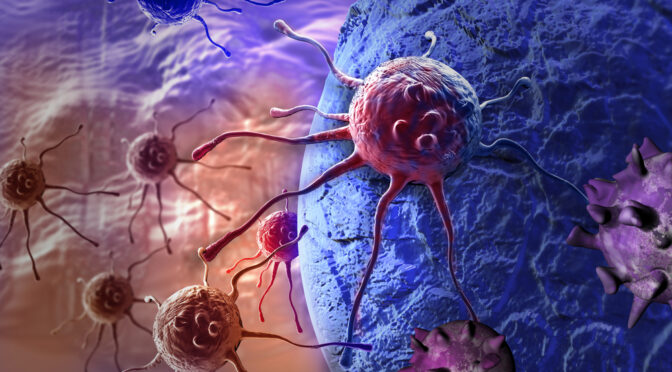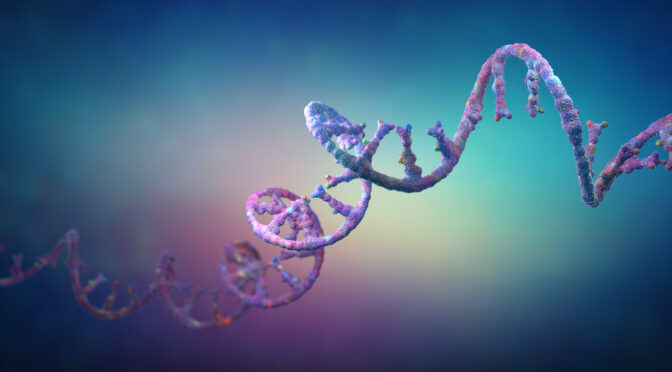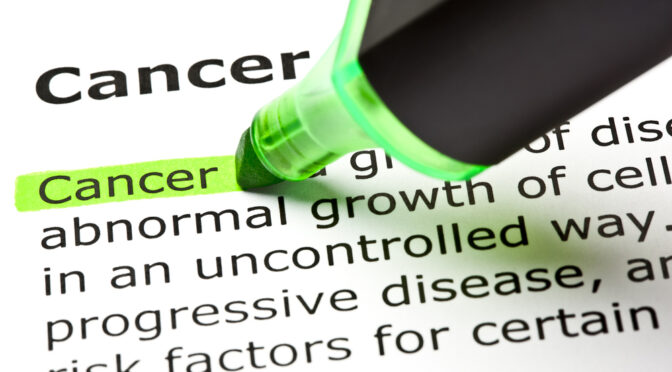For patients who choose to undergo immunotherapy for cancer, new medications are often available more quickly than usual. In fact, a new study found that new medications used in immunotherapy start being used faster than the standard practice for other new medical treatments. Some of this is due to the results of clinical trials, but there are a few potential problems to consider.
Age of Clinical Trial Participants
One of the most notable differences between clinical trial participants and cancer patients is age. Those who took part in clinical trials for immunotherapy treatments tended to be younger than those treated in clinical practice. Clinical trial participants were mainly in their late 50s or early 60s, while cancer patients treated clinically were 65 and older. Knowing more about how real world populations respond to newly adopted medications for cancer involves doing more research.
Early vs. Later Clinical Trials
Another problem with beginning the use of immunotherapy medications more quickly than usual is the risk of having later clinical trials show different results compared to early trials. Fast approval is often based on the findings of early clinical trials, but there is a risk of having later trials find that medications are harmful or not as effective.
Recommendations for Rapid Adoption
Experts recommend running clinical trials that include participants who are similar to real world populations of cancer patients. Doing this should help provide findings that better reflect results for real world populations. Other recommendations include avoiding basing approval on small studies, the use of atypical patient populations, and studies that don’t compare the treatment with current alternative options that are available.
For more information on immunotherapy for cancer, please contact Issels® today. We can provide additional information on this type of cancer treatment.






